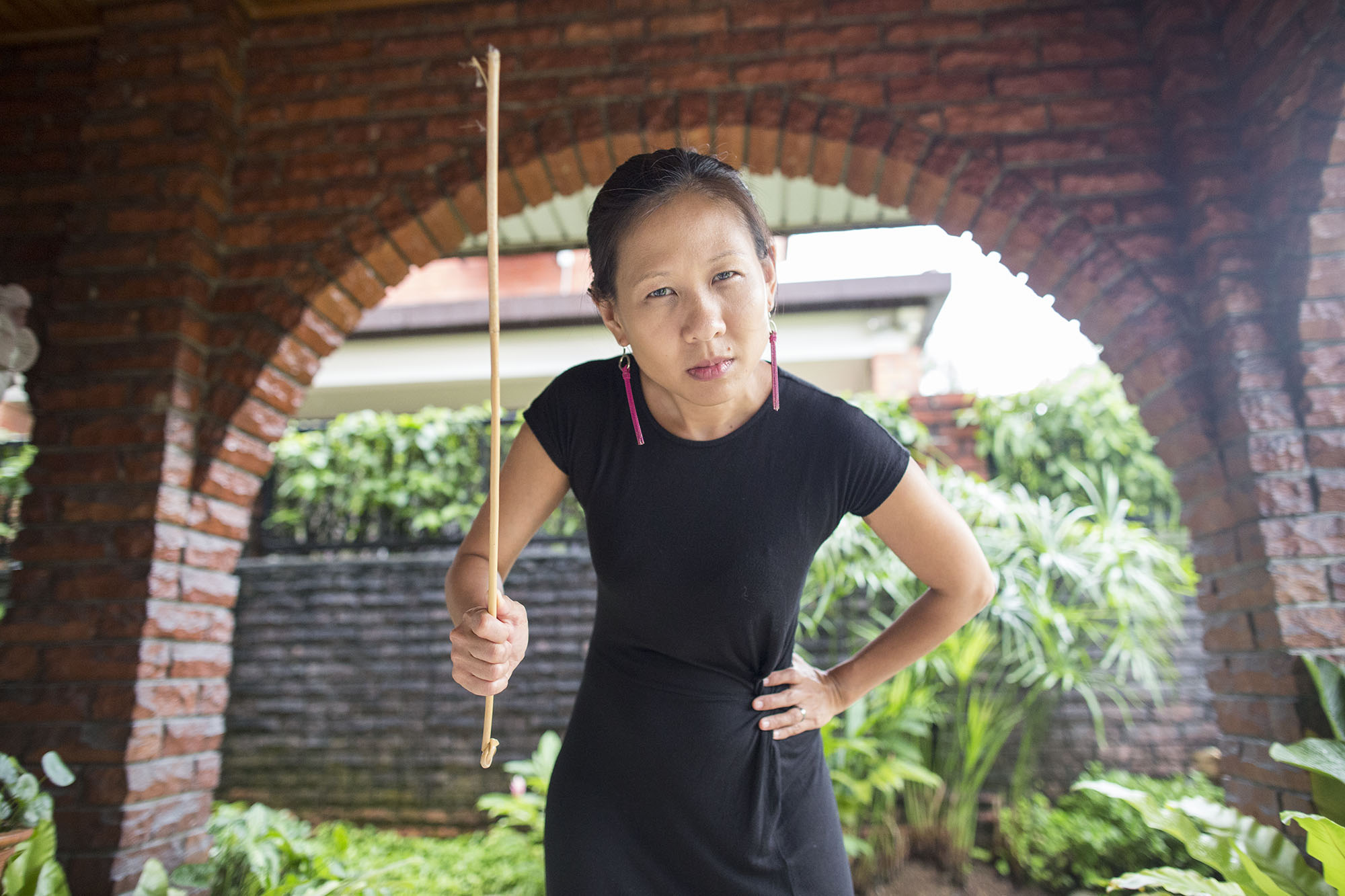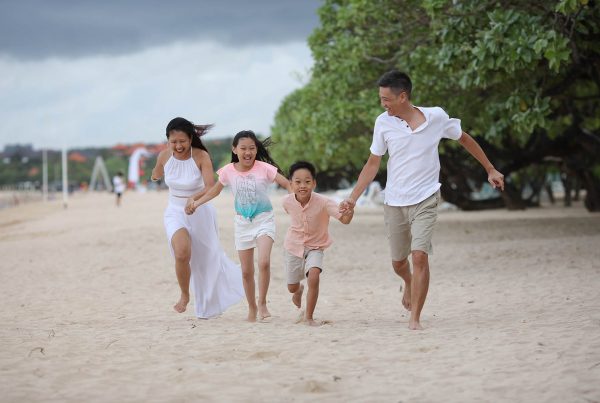For many years of my life, I always equated discipline with punishment. The Malaysian rotan (cane) is a tool frequently associated with discipline. Some parents I know refuse to use the cane, but they implement a reward system or time out / naughty corner for their kids when they misbehave.
To be honest, I’ve implemented all three kinds of punishments on my kids (not simultaneously!) over the past six to eight years of their lives. But it was only after I got to know about reality discipline, that my eyes were opened to what true discipline really is. (We’ll talk about “reality discipline” in another post)
What do we really want as an outcome for our kids?
The reason we discipline our children is because we want them to do the right thing, obey us as their parents and behave in a certain way that is expected within our family.
In my family, we want to build a culture of respect, love and self-control. Sometimes, Krysta and Kyle will get into the usual sibling squabbles, where one child will run complaining to me about what the other sibling had done. Usually, it involves some crossing of boundaries, pinching and hitting as well. I could have easily reacted in anger without truly listening to what happened, and punished both simultaneously (with either time out for both parties, or with the rotan).
What would have happened if I had that approach? I might have been left with two hurt children who’d feel resentful towards me and each other. I might have stopped the pinching and hitting but I wouldn’t have addressed the root of the issue.
The key is this, if we bark instructions at our kids, we can get them to comply for a short while but inwardly, they might be harbouring rebellion.
Parents who insist on controlling their kids will likely have kids who fight back to gain control of their lives too.
So what does discipline look like?
Interestingly, if you google for the root word of discipline, you’ll find that it came from the Latin word disciplīna which means “teaching, instruction, branch of study, orderly conduct based on moral training” (View source). Understanding that discipline is more than just punishment in order to correct behaviour has been a huge paradigm shift for me.
I want my kids to obey and do the ‘right’ thing according to our family rules because they believe it with all their heart (conviction)… not because they are forced to. How often have we uttered those words…”You can’t do this, because I said so!” with no explanation attached to the rules! If we have a strong loving relationship with our children, we can effectively correct bad behaviour without screaming. We need to look beyond the bad behaviour to separate the action from the person. Our love towards our children shouldn’t be based on their performance…we need to say things like, “Hey, I love you no matter what. I may not like what you do now, but I am disciplining you because I love you.”
The key to effective discipline
Using rewards and punishment as the motivators towards good behaviour can only go so far. We want children to know the boundaries or limits set for them and be accountable for their own behaviour. It’s a challenging role, but not impossible. The key to effective discipline lies in a loving relationship with our children, through establishing firm boundaries, allowing them to experience the consequences of their actions, and to calmly deal with it.
We’ll delve deeper into this through another post. The road ahead in disciplining your children might be bumpy, and you will be challenged, but take heart, you can do this.




